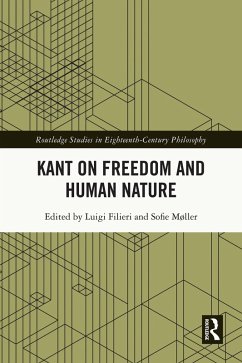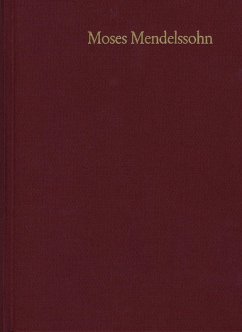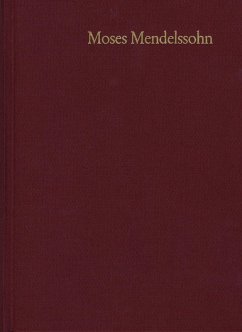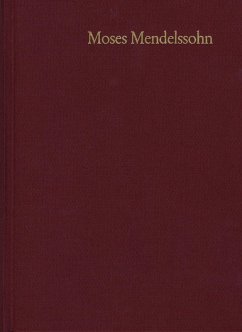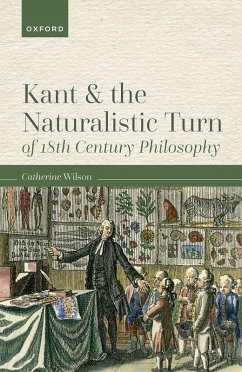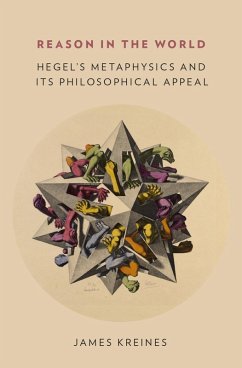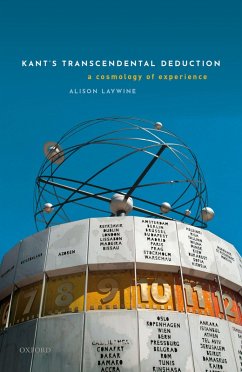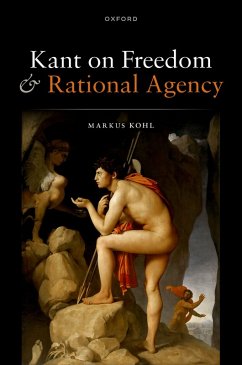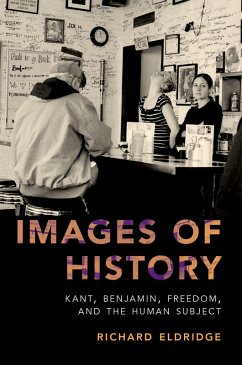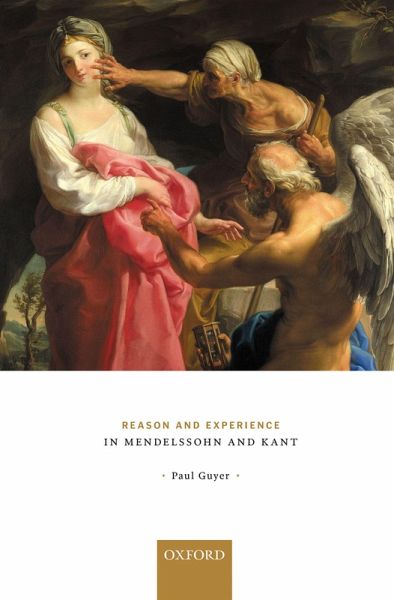
Reason and Experience in Mendelssohn and Kant (eBook, PDF)

PAYBACK Punkte
14 °P sammeln!
Reason and Experience in Mendelssohn and Kant provides the first in-depth examination of the lifelong intellectual relationship between two of the greatest figures of the European Enlightenment, Immanuel Kant (1724-1804) and Moses Mendelssohn (1729-1786). Both were engaged in a common project of striking the right balance between rationalism and empiricism. They sometimes borrowed from one another, often disagreed with one another, and can usefully be compared even when they did not directly interact. Guyer examines a series of comparisons and contrasts: their arguments and conclusions on a ra...
Reason and Experience in Mendelssohn and Kant provides the first in-depth examination of the lifelong intellectual relationship between two of the greatest figures of the European Enlightenment, Immanuel Kant (1724-1804) and Moses Mendelssohn (1729-1786). Both were engaged in a common project of striking the right balance between rationalism and empiricism. They sometimes borrowed from one another, often disagreed with one another, and can usefully be compared even when they did not directly interact. Guyer examines a series of comparisons and contrasts: their arguments and conclusions on a range of metaphysical issues, including proofs of the existence of God, immortality, and idealism; their shared interests in aesthetics; and their path-breaking work on the "religion of reason" and the separation of church and state. Setting the work of both philosophers in historical context, Guyer shows that, where Kant sometimes provides deeper insight into the underlying structure of human thought, Mendelssohn is often the deeper student of the variety of human experience. This is evident above all in their treatments of aesthetics and religion: Mendelssohn recognizes more deeply than Kant the emotional impact of art, and while Kant imagines that organized religion will one day be superseded by pure morality, Mendelssohn argued that organized religion in all its varieties seems here to stay, and so toleration for religious variety is an inescapable requirement of human morality. Based on an exhaustive study of a wide range of texts, this study demonstrates the on-going relevance of Kant and Mendelssohn to modern thought.
Dieser Download kann aus rechtlichen Gründen nur mit Rechnungsadresse in A, B, BG, CY, CZ, D, DK, EW, E, FIN, F, GR, HR, H, IRL, I, LT, L, LR, M, NL, PL, P, R, S, SLO, SK ausgeliefert werden.




